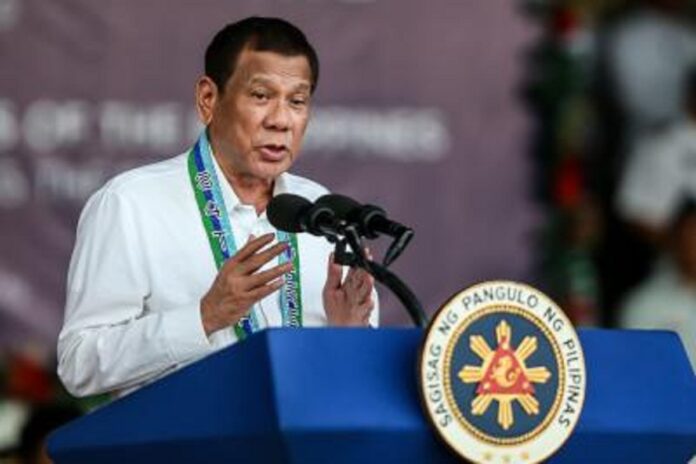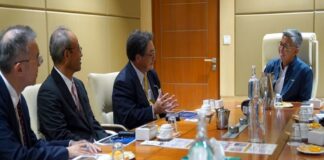MANILA, March 23 — Philippine President Rodrigo Duterte has ordered easing entry for foreign tourists into the country to boost international tourism, increase foreign investments, and restore jobs in the tourism sector, according to an executive order released on Wednesday.
In the order Duterte signed on Monday, he asked the government to relax further the requirements on international travel, including providing quarantine exemptions to vaccinated foreigners entering the country. He also ordered reducing domestic travel restrictions to boost local tourism, reported Xinhua.
Duterte stressed the need to align the government’s economic recovery programmes and measures to bring the economy back to the growth path.
“There is an urgent need to adopt policies on economic recovery to sustain current economic gains, minimise the pandemic’s long-term adverse effects, and restore the country’s development trajectory,” read the order.
The measures also include strengthening the healthcare capacity across the country, accelerating and expanding the vaccination programme, further reopening the economy and expanding public transport capacity, resuming face-to-face learning, and accelerating digital transformation.
The COVID-19 pandemic, which broke out in 2020, has drastically affected the Philippine economy, resulting in jobs, productivity, and income loss. Many businesses were forced to close temporarily or permanently cease operations.
The pandemic impeded the country’s decade-long uninterrupted growth, contracting its gross domestic products by 9.6 per cent in 2020, the first recession since the 1997-1998 Asian financial crisis.
The economy grew by 5.6 per cent in 2021, performing much better than the government’s revised target, considered by the government as “on track to rapid recovery”.
The Philippines now has over 3.67 million confirmed COVID-19 cases, including 58,281 deaths. More than 65.2 million people, or 72.49 per cent of the targetted population, have been fully vaccinated since the vaccine rollout in March last year.
















